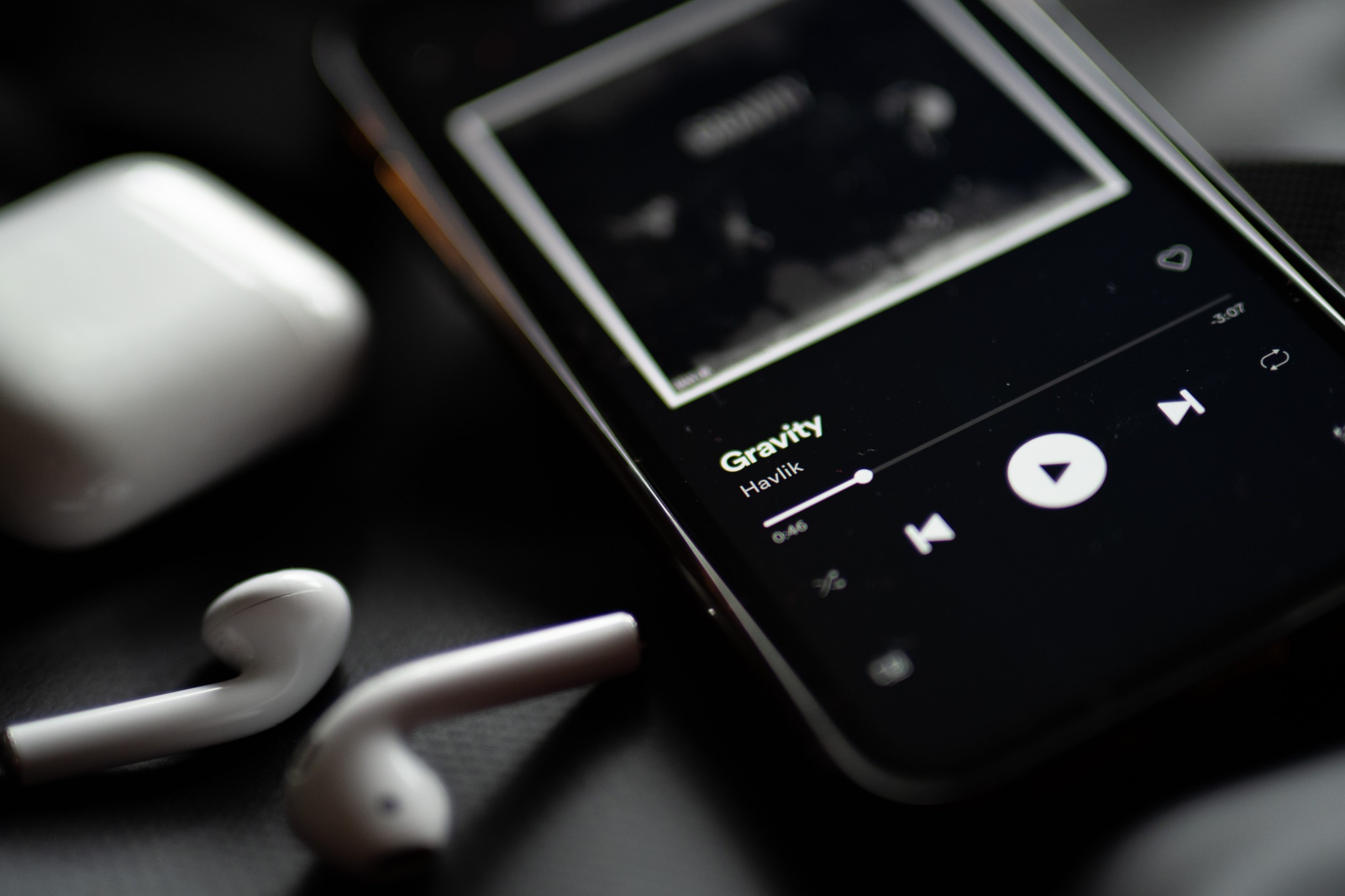Survivors are keen that we ‘[e]ducate everybody, everybody, in every walk of life’, and place considerable emphasis on educating young people, particularly as so many survivors began relationships with their perpetrators when they were teens. While schools do have a key role to play here, Rachel Louise Snyder (2020: 290) reminds us that ‘we cannot simply dump this on schools that are already under-resourced with teachers who are overworked. Systemic change cannot be ad hoc. And how are young people to learn what morbid jealousy looks like when our popular media frames stalking as romantic? When the Twilight movies, for example, portray romance as a man watching over a woman as she sleeps?’.
As classrooms are just one place in which young people learn about love and respect, the ‘Hear Her Voice’ project also looked at popular culture as a source of learning. We have asked survivors of domestic abuse to consider, and reconsider, songs which are meaningful for them. Which songs have told their stories? Are there lyrics they once loved but, given their experiences of violence and control, now send shivers down their spines? Or has time and healing transformed songs of despair into anthems of empowerment?
Below you will find selections from our survivors’ playlist. Kindly curated with the help of Anne McCambridge, the aim of the playlist is not proscriptive, placing songs into ‘good’ or ‘bad’ categories. Rather, the aim is to start a conversation. To what extent does popular culture empower us? In what ways does it perpetuate casual misogyny? And how do these contradictory impulses inform our understanding of love and healthy relationships?
We hope that you will listen to the songs and accompanying stories. And we invite you to reconsider your own playlist. Do your favourite songs pass The Willis Test? Have survivors’ stories caused you to rethink songs you like or dislike?







